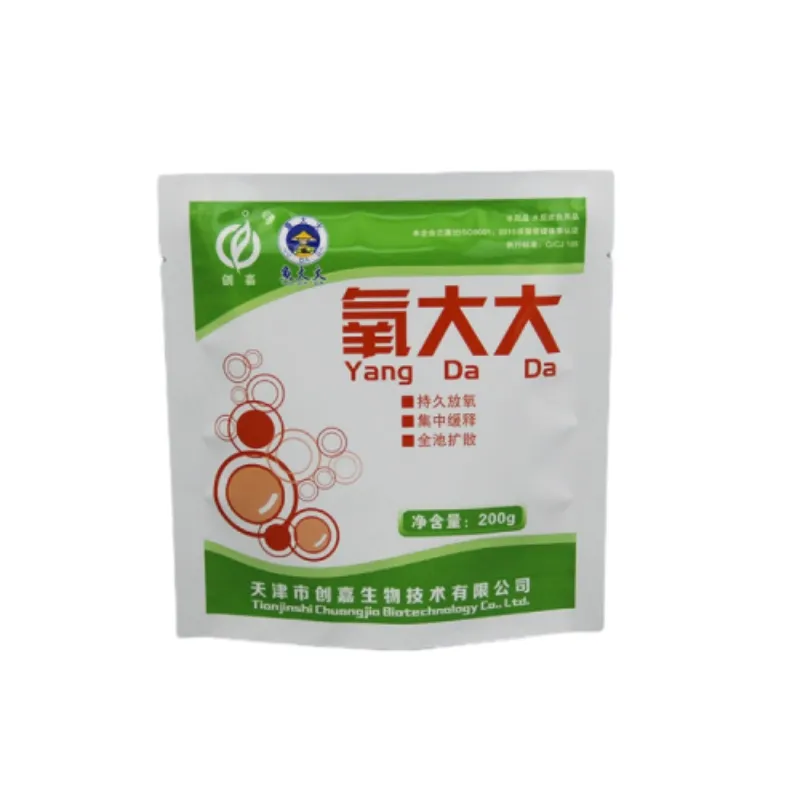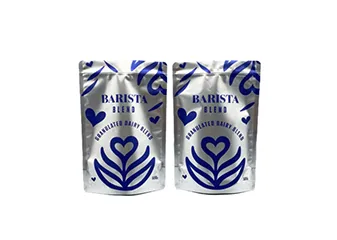Vitamin E is a potent antioxidant that plays a crucial role in protecting cellular membranes from oxidative damage. In cattle, sufficient levels of Vitamin E contribute to immune function, muscle development, and overall growth. It is particularly important during times of stress, such as calving, transportation, or feed changes, when oxidative stress can increase. Without adequate Vitamin E, cattle may show signs of muscle degeneration, weakness, and a reduced immune response, making them more susceptible to infections and illnesses.









